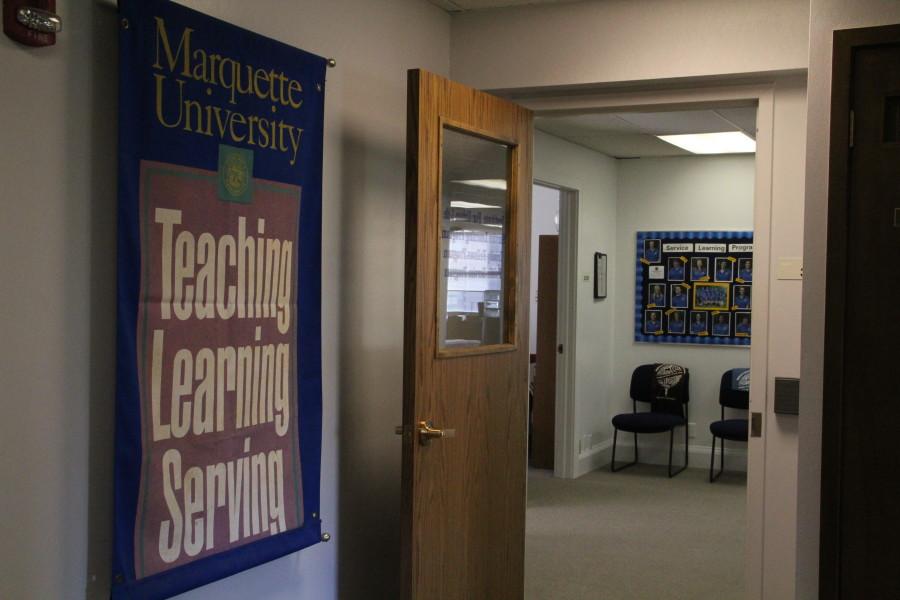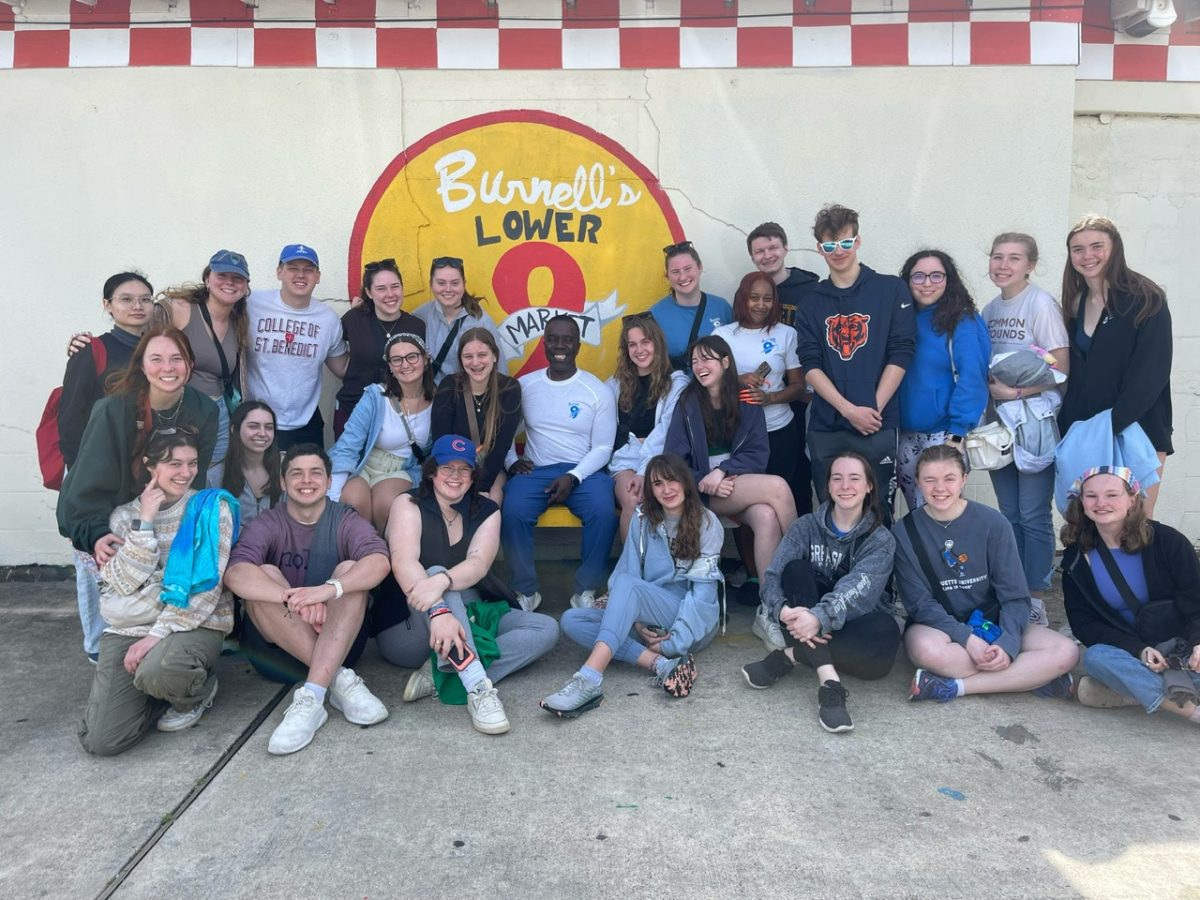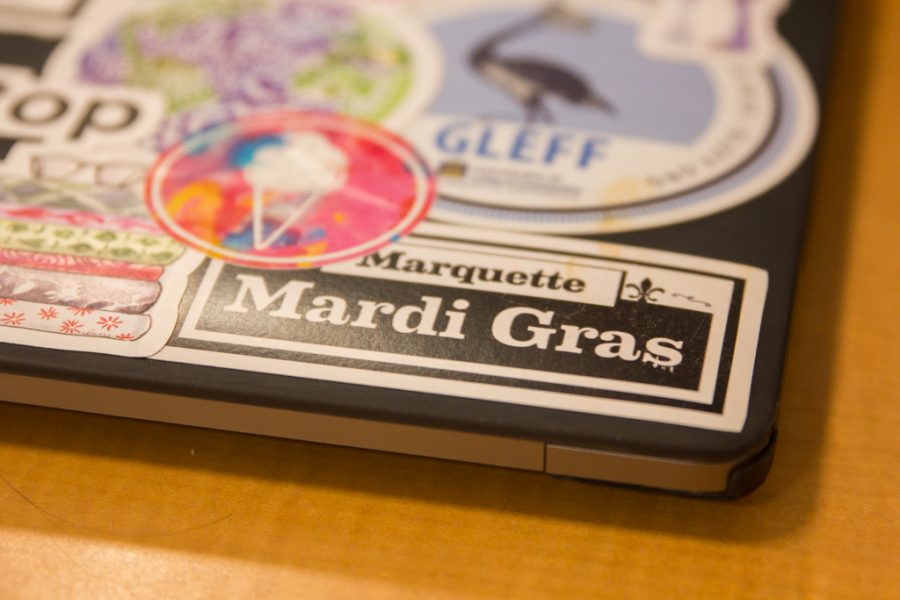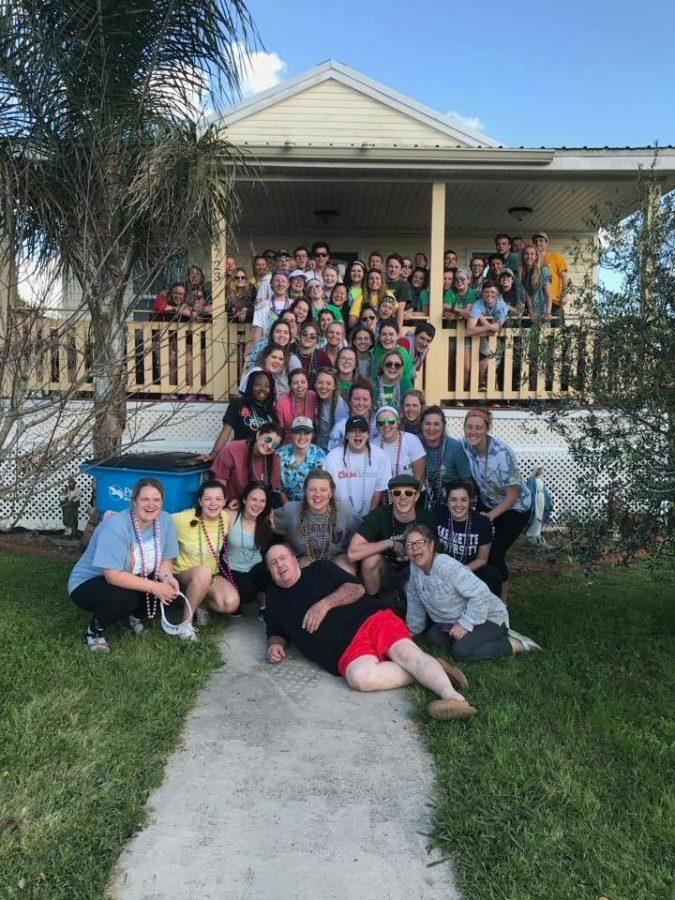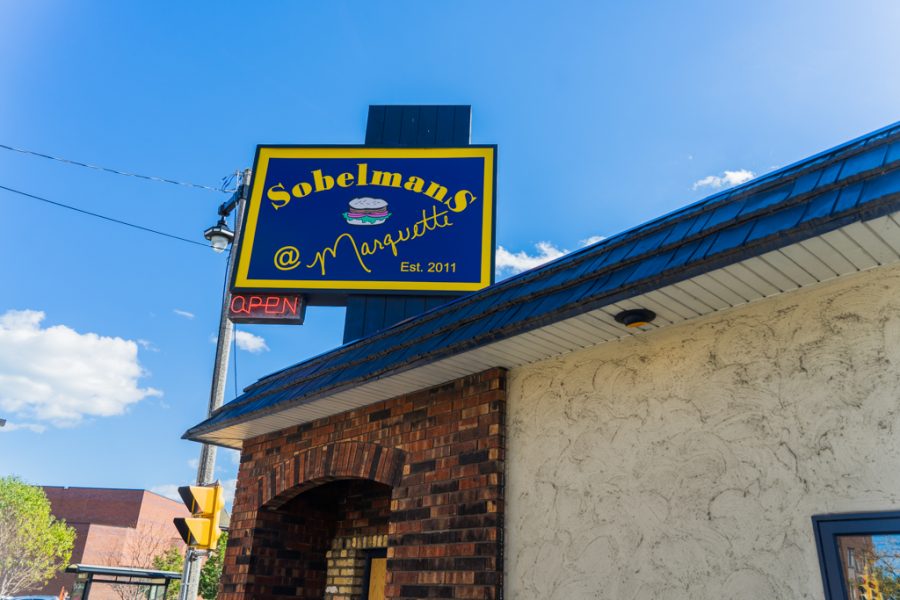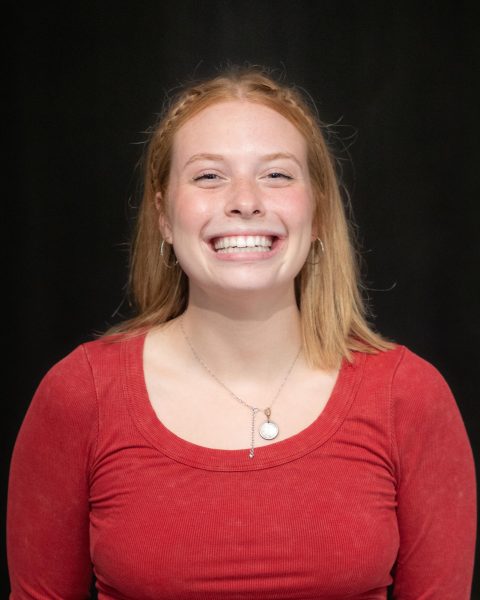In order to follow the Jesuit mission that Marquette University thrives on, the university encourages students to give involved in and out of the classroom.
At Marquette, service to the community is an essential part of education. During the COVID-19 pandemic organizations have adjusted their projects in order to assure members of the community and students stay safe.
Kim Jensen-Bohat, the program director of the Service Learning Program, advocates for students’ participation in service learning projects on campus. Jensen-Bohat said that there are three main service programs in which Marquette students can get involved. They include the Service Learning Program, the Center for Community Service and Midnight Run, which is a part of Campus Ministry.
Jensen-Bohat said some departments organize service trips based on their specific disciplines. The law school and other professional schools have their own independent outreach programs that they run.
On a campus where serving the needs of the community is so important, Bohat said that the COVID-19 pandemic has made service learning much more difficult.
“It is difficult to engage the community when you can’t really be physically in a community,” Bohat said.
Jensen-Bohat said the biggest issue was finding enough service placements for classes. This is especially true for students involved in the medical fields, due to the people they serve. The people who are high at risk are the elderly and unvaccinated young children. Students were not allowed to participate in clinics that involved high risks patients.
Not only was the safety of the people served in concern, but also the students at Marquette. Jensen-Bohat described the many safety precautions taken to make sure service projects were safe.
“At the beginning of the pandemic, we were able to switch some of our services online. But now for the most part, our community partners are open for face-to-face services,” Jensen-Bohat said. “So, this semester we are requiring students to follow MU and Milwaukee protocol around masking, social distancing and quarantine.”
In some classes at Marquette, students are required to participate in service learning, such as EDUC 1001, Psychological Development: Children and Adolescents. Ben O’Brien, a first-year in the College of Engineering, said he was enrolled in this class during the fall semester of 2021.
O’Brien said that he worked at City on a Hill for his service project, which aimed at educating people about poverty and injustice in America. O’Brien worked with children of families who were in poverty and said that even though slight modifications were made due to the pandemic, he was still able to participate.
“I was able to work with kids and complete activities with the only thing being different were wearing a mask and checking temperature before going into the building,” O’Brien said.
One of the service organizations on campus is Marquette MARDI GRAS, which stands for “Making A Real Difference In Gulf Regions and Areas Surrounding,” and is an organization that focuses on disaster relief, especially the destruction following hurricanes.
Joe Hennessey, the vice president for research and development for MARDI GRAS and senior in the College of Health Sciences, said that the pandemic has caused more caution within the club. Typically, the club takes trips to New Orleans, Panama City, Florida and Rosharon, Texas and other coastal cities. They were able to hold service trips this past August, October and January, but certain precautions were taken.
“Forty-eight hours before a trip is scheduled to leave, all participants must take a COVID-19 test and they must show proof of a negative test to a trip coordinator before they are allowed to travel,” Hennessey said. “A detailed safety plan was shared with all participants with information about what steps would be taken in the case that a group member was to become infected.”
As the pandemic continues to affect service on and off campus, Jensen-Bohat said that their goal is to adjust to obstacles that may present themselves.
“When COVID is in the rearview mirror we will have to do some rebuilding, but my goal right now is to continue to facilitate transformational learning experiences for our students that are central to a Jesuit education and to meet critical volunteer needs,” Jensen-Bohat said. “We will continue to pivot and adapt so that we can provide a mutually beneficial experience for our community, students and faculty.”
This story was written by Phoebe Goebel. She can be reached at phoebe.goebel@marquette.edu


